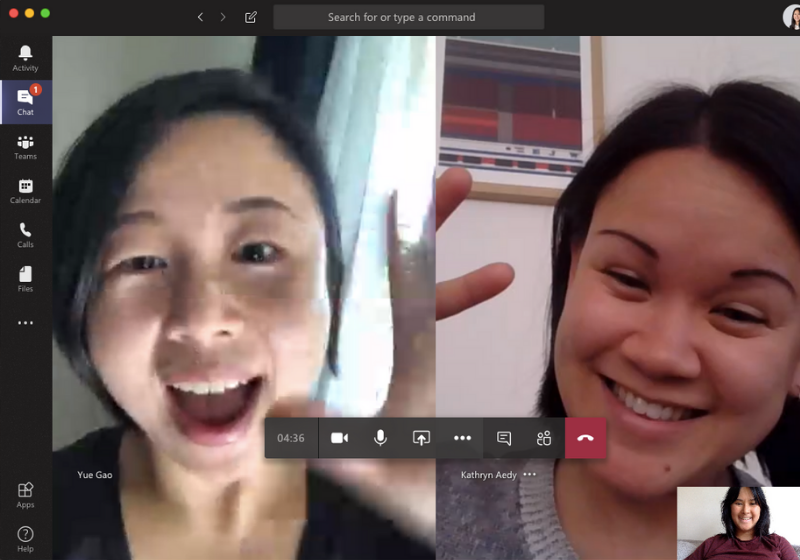
In the past few weeks, we have seen sweeping changes and widespread expressions of fear across Australia and the globe. Panic buying, the closure of restaurants and places of worship, racist abuse, and now in some states and territories, the closure of schools. From casual workers to small business owners, to carers, visa holders and international students, in places of work, recreation and in own homes, migrant women are facing the stark and ever increasing health, social and economic consequences of COVID-19. In the face of such a threat the encouragement for us to stay inside has now become a mandate.
Unfortunately, for many women, including migrant women, there is as much reason to fear staying inside. It is already well known and documented that in times of crisis and uncertainty, the number of women experiencing domestic and family violence increases. After a summer of unprecedented bushfire, the COVID-19 pandemic will continue to mean women are at increased risk of experiencing family violence. In China, for example, the prevalence of domestic violence is reported to have tripled during the COVID-19 outbreak. With social distancing measures in place, the extended periods of isolation will likely increase women’s experiences of abuse and violence in Australia.
For many migrant and refugee women, social isolation is not a new experience, and accessing support, particularly around family violence, will be hampered by structural barriers including economic insecurity and uncertainties with their visa status. While we are all scrambling to adapt to remote and online service delivery, culturally appropriate services, interpreters and bilingual resources in mainstream services continue to be afterthoughts, forcing many migrant and refugee women without opportunities to access support. Increased isolation and distance from the community connections and family they have may also mean poorer mental health for many migrant women and their families at this time, less independence and fewer opportunities to stay informed about their options.
Now, more than ever, migrant and refugee women need culturally appropriate information and services in their language. As we continue to advocate to government for migrant and refugee women’s right to accurate, up-to-date, multilingual information and services, we also need to reach out and connect with our migrant sisters.
Check in, look out, and share evidence-based health information widely across your social networks. Think about how you might be able to support if the need arises. Know the signs of family violence. Have conversations with your friends. Wave at your neighbours. As long as the need for physical distance continues, building and maintaining social solidarity will be vital for migrant women’s physical and mental health and wellbeing.
